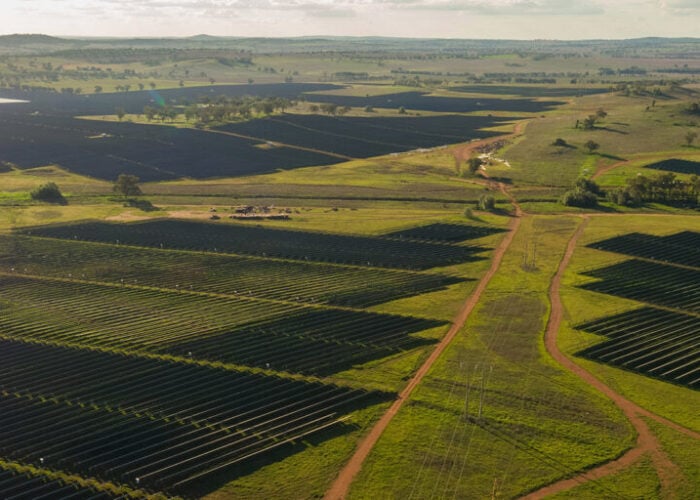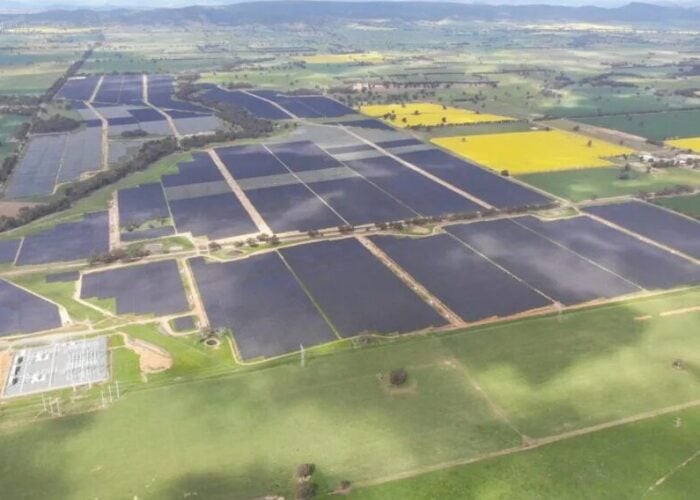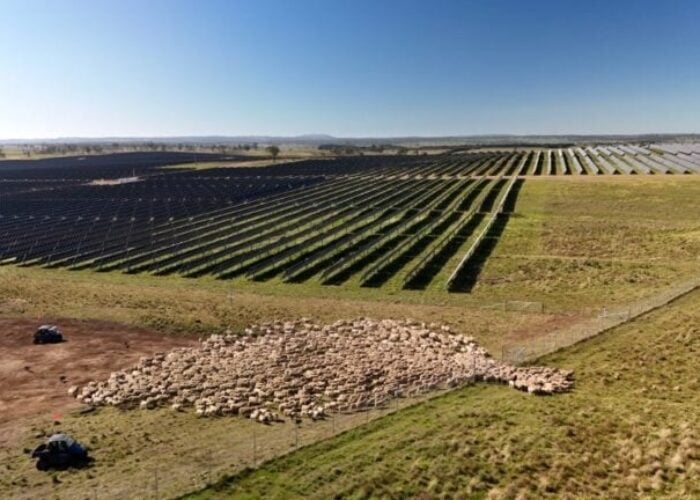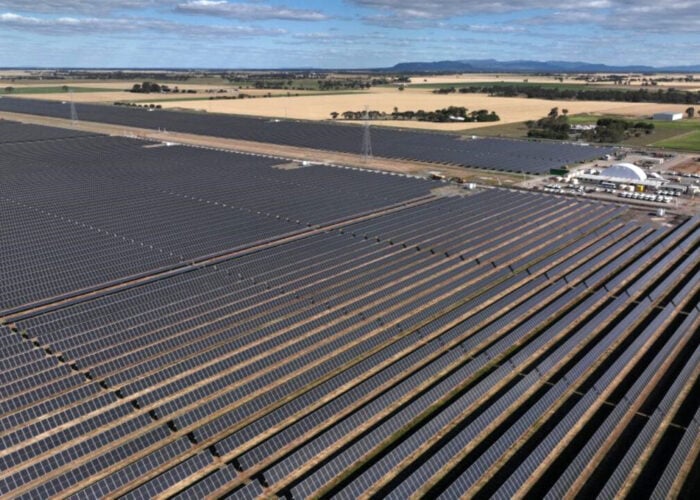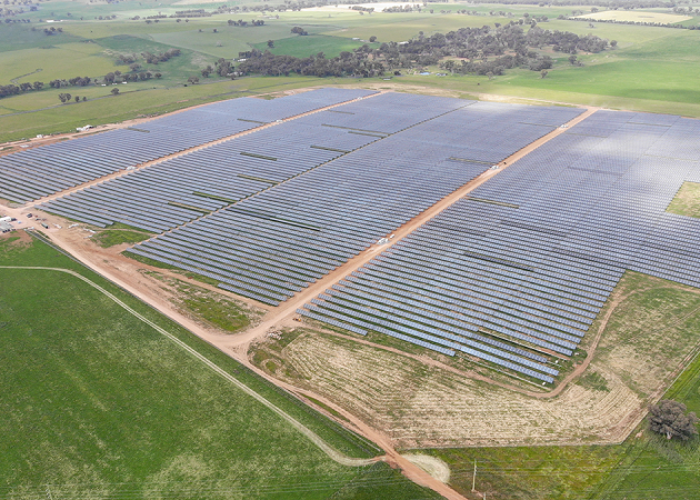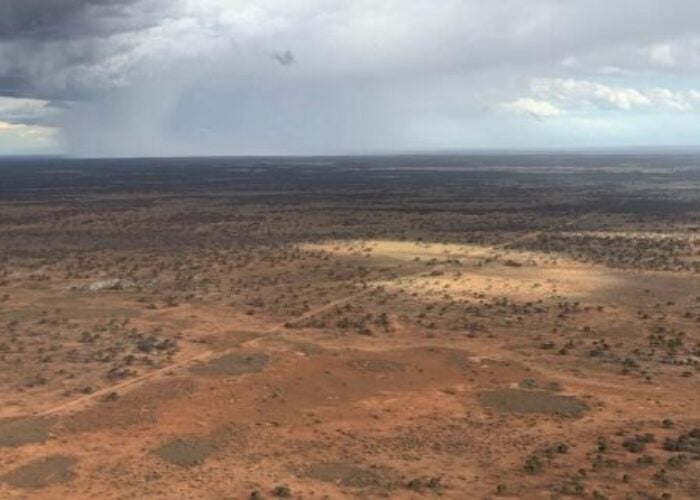
Victoria’s parliament has passed new laws that make solar feed-in tariff (FiT) rates take into account the avoided social cost of carbon and avoided human health costs attributable to a reduction in air pollution.
The legislation does not set the price itself, but sets up a framework for a minimum FiT to be paid that takes those factors into account.
Try Premium for just $1
- Full premium access for the first month at only $1
- Converts to an annual rate after 30 days unless cancelled
- Cancel anytime during the trial period
Premium Benefits
- Expert industry analysis and interviews
- Digital access to PV Tech Power journal
- Exclusive event discounts
Or get the full Premium subscription right away
Or continue reading this article for free
A spokesman for campaign group Solarcitizens, who has contacted the Victoria Department, told PV Tech that Victoria is not planning to put a price on the avoided human health costs this year, but will do so for carbon.
Victoria state government files said: “The government believes Victorians should be fairly compensated for the energy, environmental, social and network benefits their solar panels provide.
“FiT arrangements currently provide no compensation to distributed generation customers for these values. This is resulting in distributed generation customers being under-compensated for external benefits that their systems create. To address this, the ESC has recommended that a separate ‘deemed output tariff’ be introduced that would compensate for these values based on the deemed output of the distributed generation system.”
Shani Tager, senior solar campaigner, Solar Citizens, said: “This is a really positive step in delivering a fair price for solar in Victoria and the Government should be applauded for making these changes law. Yesterday’s change comes on the back of several recent Victorian Government announcements, which position that state as a true renewable energy leader in this country.”

